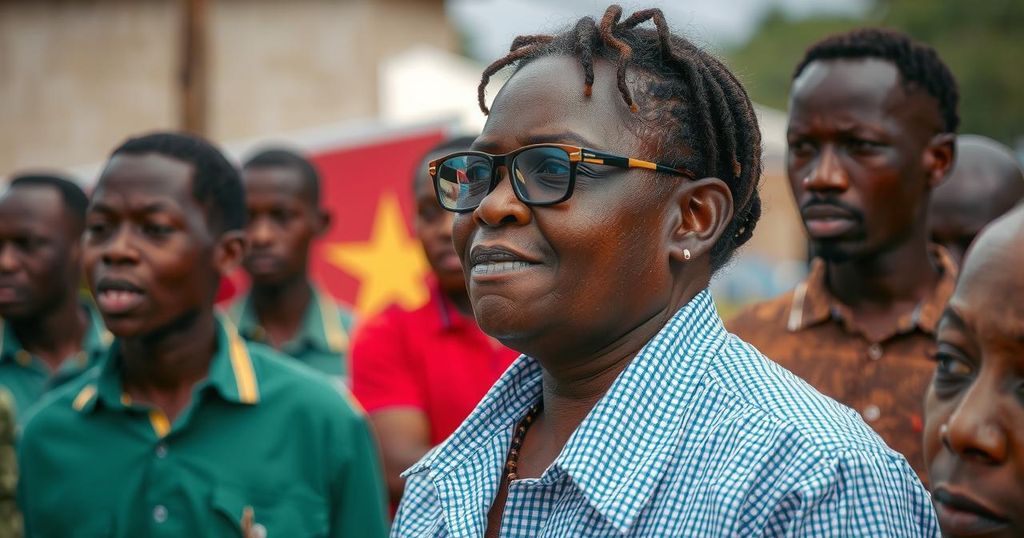Mozambique’s Stability at Stake Amid Post-Election Violence and Unrest

Following the recent elections in Mozambique, protests erupted and violence ensued as the opposition rejected the ruling party’s confirmed victory amid allegations of fraud. The unrest has resulted in significant casualties and displacement, prompting calls for urgent humanitarian assistance and regional intervention to restore stability.
Following the declaration of Frelimo’s victory in Mozambique’s October 9 elections, significant unrest has ensued, as voiced by church leaders in South Africa. Protests erupted prior to and subsequent to the electoral commission’s announcement, with the newly formed opposition party Podemos and its candidate, Venancio Mondlane, contesting the legitimacy of the results. Allegations of electoral fraud have been lodged by various groups, indicating a deeply fractured political landscape.
In a disconcerting turn of events, clashes with law enforcement have resulted in over 130 reported fatalities, as revealed by the civil society monitoring group Plataforma Decide. The Constitutional Council subsequently validated Frelimo’s continued leadership, a situation that has only intensified the violence across Mozambique. Reports highlight extensive property damage, including looting, arson, and prolonged unrest in major cities, leading to citizens feeling unsafe in their communities.
Furthermore, the church leaders have described a deteriorating relationship between the populace and law enforcement, marked by a growing distrust and incidents of violence towards police officers. The sentiment among citizens is a pressing concern, resulting in civilians resorting to self-defense efforts amidst rampant instability. Alarmingly, the repercussions of these events are leading to internal displacements, forcing many to seek refuge in neighboring countries, thus exacerbating regional tensions.
In response to the humanitarian crisis, church leaders are mobilizing resources for essential needs, signifying their commitment to mitigate suffering among the affected populace. They have called for continued dialogue between the ruling party and opposition, commending the commitment to peaceful resolution despite the absence of agreement on election outcomes. This call for unity and reconciliation has become increasingly urgent, as the stability of Mozambique holds implications for the entire Southern African region.
The South African Council of Churches (SACC) and representatives from the Christian community are appealing to the Southern African Development Community (SADC) to address these pressing political conundrums. They stress that political instability within Mozambique cannot be viewed only as an internal matter, as it poses threats to regional security and necessitates immediate attention.
The recent electoral events in Mozambique, wherein the ruling party Frelimo maintained its long-standing governance after the October 9 presidential elections, have sparked widespread turmoil. Opposition parties have raised allegations of electoral misconduct, contributing to a climate of unrest characterized by violent protests. These developments have not only led to tragic loss of life but also prompted calls for intervention by regional organizations like SADC to restore peace and order in the region, highlighting the gravity of the situation facing the Mozambican populace.
In light of the recent political turmoil in Mozambique, the escalating violence and its resulting humanitarian crisis necessitate urgent action by both national and regional leaders. The entreaties from church leaders emphasize the importance of reconciliation, the restoration of public safety, and protection of vulnerable communities. A commitment to dialogue among political factions is essential to alleviate the suffering of citizens and ensure long-term stability in Mozambique, as well as in the broader Southern African region.
Original Source: www.aciafrica.org







